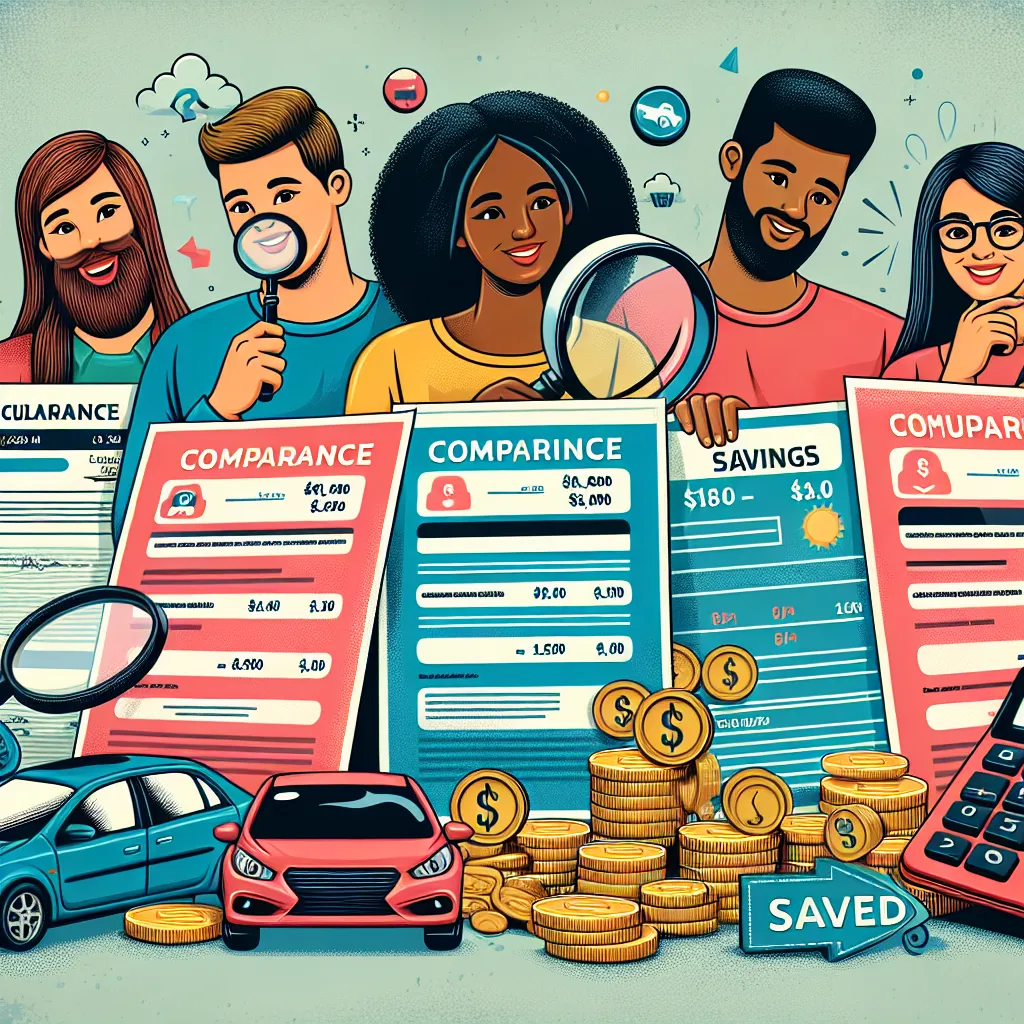Tag: Quote Comparison
-
How to Find the Best Comparable Car Insurance Quotes

Discover how to compare comparable car insurance quotes effectively to save money and get the coverage you need. Learn tips and real-world examples. Read more

Discover how to compare comparable car insurance quotes effectively to save money and get the coverage you need. Learn tips and real-world examples. Read more